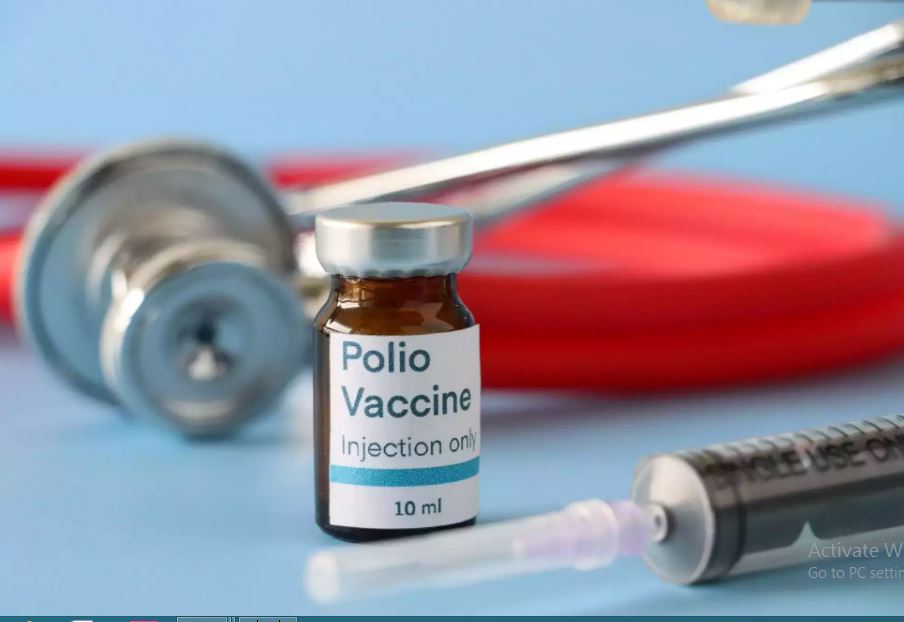Bhubaneswar/Kolkata: Chief Minister Mohan Charan Majhi Thursday called for a collective effort in combating polio to eradicate the viral disease completely from the country. Taking to his social media account on World Polio Day, the CM said, “Let’s continue to unite in the fight against polio and work towards a future where every child is protected.” Echoing the sentiment, Health and Family Welfare department said, “Ensure to immunise your children timely with recommended polio vaccination to protect them from the highly risky virus.” Despite the complexities of poliovirus that make it difficult to stop from spreading, the disease is ‘gasping’ and is on the verge of eradication from the global map, said Ananda Sankar Bandyopadhyay, who is the deputy director of Technology, Research, and Analytics, Polio Team, with the Bill and Melinda Gates Foundation.
Heaping praise on India for playing an exemplary role in dealing with polio, Bandyopadhyay sounded caution that any complacency could help the disease make a comeback. “The fact that India can maintain its polio-free status is really an amazing feat and we should be proud of that and celebrate that. It has huge implications in terms of other public health delivery programmes,” Bandyopadhyay said. “Polio has three serotypes – – type 1, type 2 and type 3. Type 2 and 3 were eradicated from the world. Poliovirus type 1 remains mainly in two countries – Pakistan and Afghanistan. So, about the global situation, we can say that polio is on the verge of eradication,” he said. “So, it’s really good news that polio does not exist in most of the countries,” Bandyopadhyay said. Asked whether it is possible to permanently eradicate polio from the world, the expert said, “From a scientific perspective, polio as a virus is gasping. In Pakistan and Afghanistan exists the wild type poliovirus whereas in a few countries in the African region, the variant poliovirus type exists. “Based on this, you can say that eradication is feasible because most countries have decisively stopped polio but of course, challenges remain.” Explaining the problems in eradicating the disease completely, he said that in certain countries it is difficult to vaccinate all the children all the time. “These are areas affected by wars, civil unrest, and insurgencies in parts of these countries. So the children are unfortunately vulnerable and are not receiving the vaccination that they deserve,” said the expert who had earlier worked with the World Health Organisation (WHO).
If all children of all communities can be inoculated in these countries, the spread of polio could be stopped decisively, he said. About the reasons behind the resurgence of polio in Gaza almost after a quarter of a century, the expert said, “There is one single reason: children in places like Gaza unfortunately have no access to vaccination. On top of that, they do not have access to clean drinking water. Sanitation system and hygienic practices were also disrupted due to the war.” Besides polio, other life-threatening diseases could also emerge because of the situation there, Bandyopadhyay said. On whether polio could reappear at a place where it was once eradicated, he said that resurgence is possible in case of a dip in the vaccination coverage and relaxation of surveillance on the disease.
